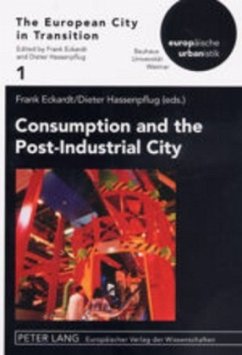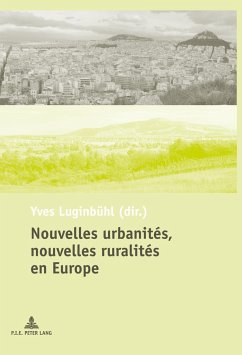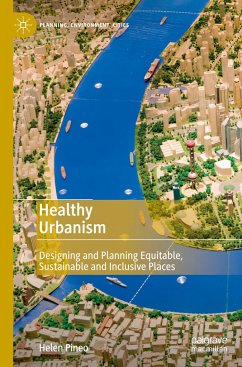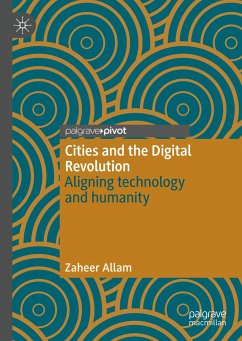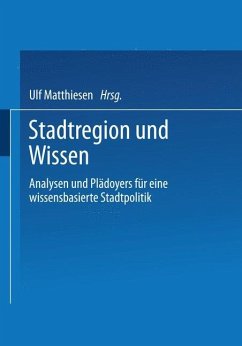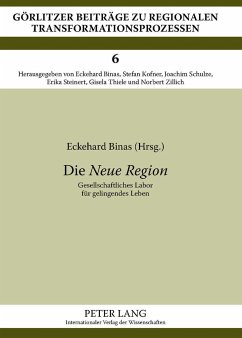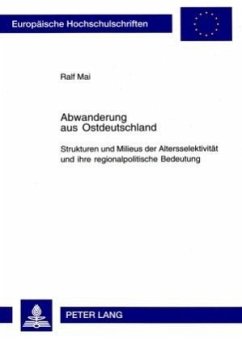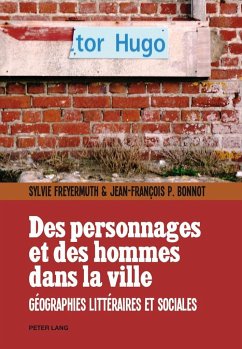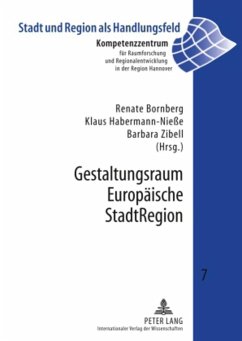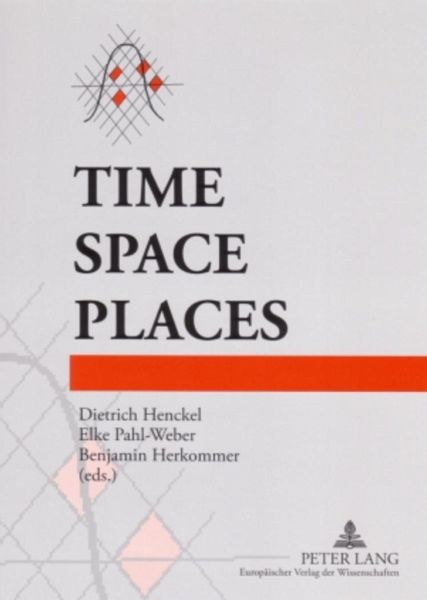
Time - Space - Places
Versandkostenfrei!
Versandfertig in 6-10 Tagen
74,60 €
inkl. MwSt.

PAYBACK Punkte
0 °P sammeln!
The fate of the city as a way of organising human social life has frequently been declared as sealed. After decades of urban sprawl, technological revolutions towards the end of the 20th century sparked speculation about the virtualisation of urban functions: cyberspace instead of city. Moreover, the flexibilisation of time structures began to add a temporal dimension to the fragmentation of urban regions. Looking back on the apocalyptic prophecies of the 1990s, it is encouraging to discover that the city is still among the living. There is indeed a simultaneity of dispersion and concentration...
The fate of the city as a way of organising human social life has frequently been declared as sealed. After decades of urban sprawl, technological revolutions towards the end of the 20th century sparked speculation about the virtualisation of urban functions: cyberspace instead of city. Moreover, the flexibilisation of time structures began to add a temporal dimension to the fragmentation of urban regions. Looking back on the apocalyptic prophecies of the 1990s, it is encouraging to discover that the city is still among the living. There is indeed a simultaneity of dispersion and concentration. Spatial and temporal density are not in the process of dissolving: they are being redefined. The international conference Time Space Places undertook to trace the course of this redefinition and the new constellations of our urban system.




